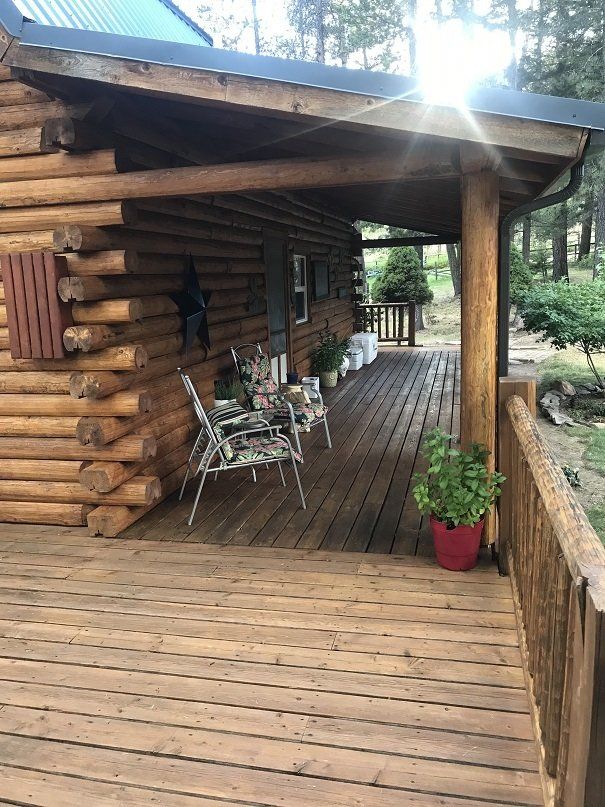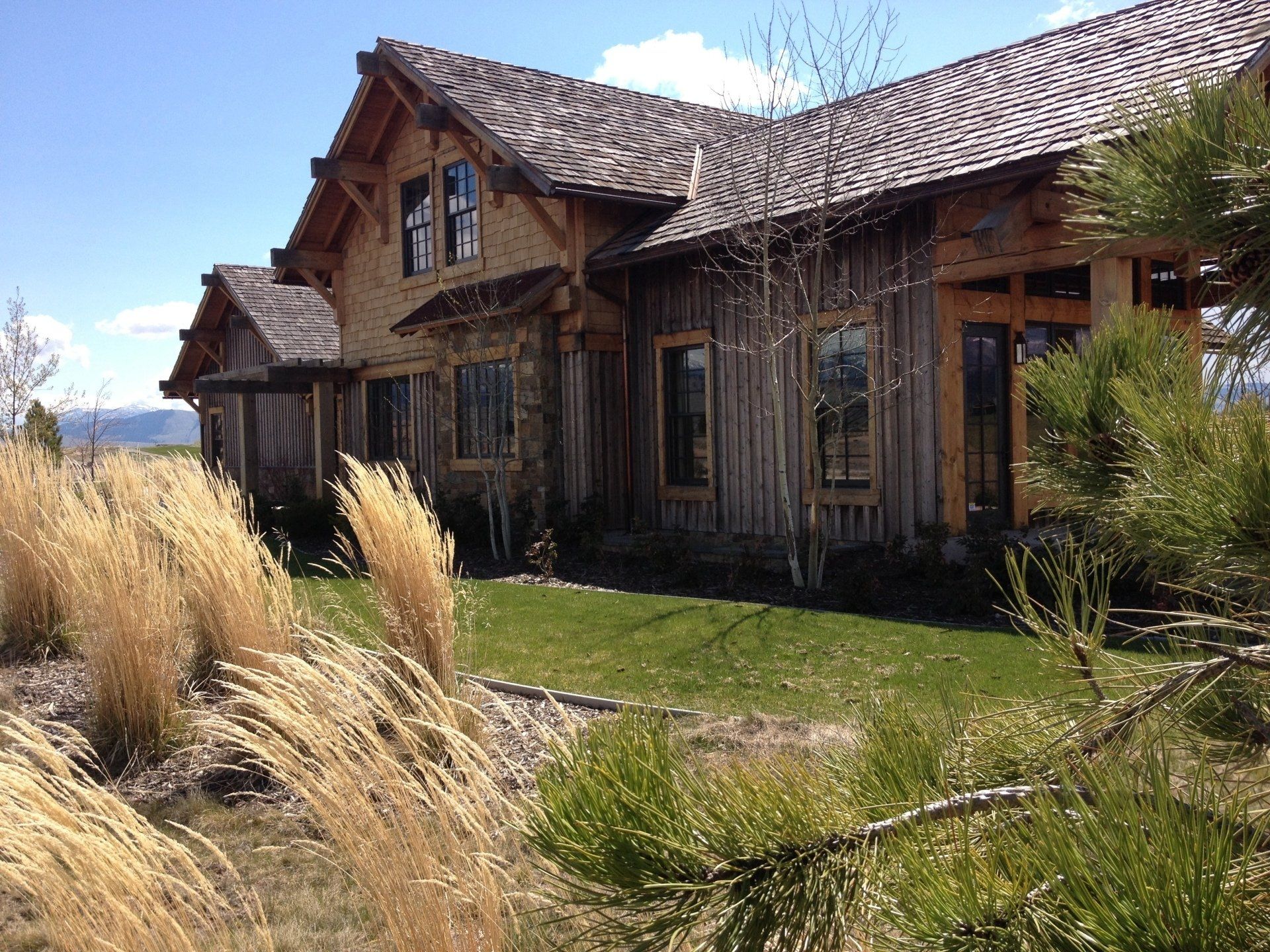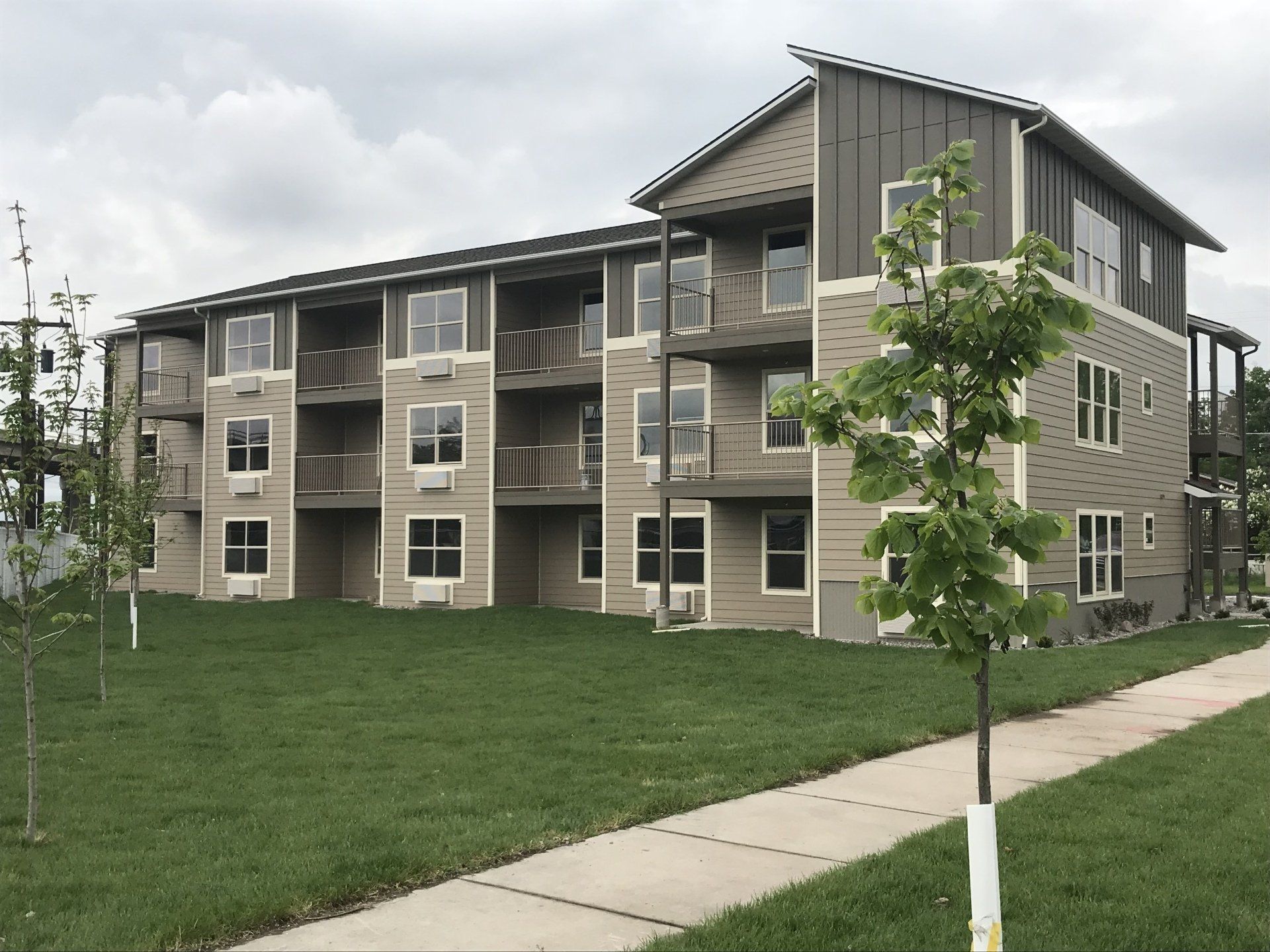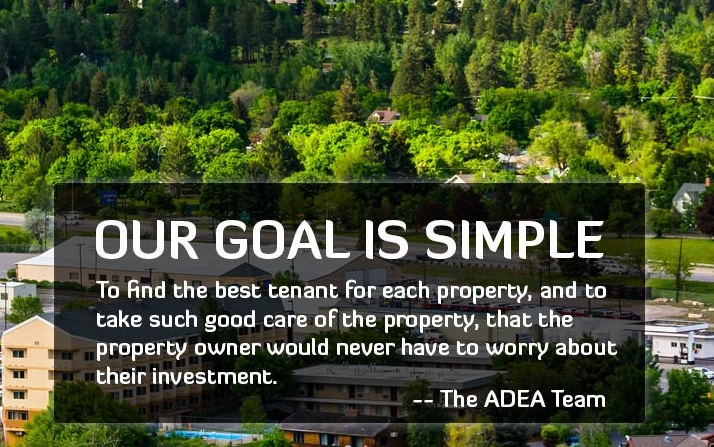A beginner's Guide to HOAs:
HOA Meaning and How it Gives Back to Your Community
As you prepare to navigate the ins and outs of renting a new home or letting out your current property, you might find yourself overwhelmed by the countless logistics involved with the transition. Every additional fee or contract becomes a headache. Trying to work within a neighborhood’s established homeowners association (HOA) can prove to be a further stressor, particularly for new landlords or tenants.
Here at ADEA, we strive to make property management as hassle-free as possible for landlords and tenants alike, one of our many services being HOA management. But if you are new to working with an HOA, you might be asking yourself, “What is an HOA?” or “Why does my HOA need an external manager?”
We have put together a few frequently asked questions that will hopefully answer some of your own.
What is an HOA?
The acronym “HOA” stands for Homeowners Association and refers to an official group of homeowners and/or tenants in a given jurisdiction. The Association is composed of the people living or owning property in the area and is governed by an elected board of directors.
HOAs operate under the theory that the best people to govern a community are those living in it. Rather than being a restriction on an individual’s freedoms, HOAs are meant to enhance one’s living experience and to protect one’s investment in the property. The goal for any HOA is to ensure that the community works together in favor of the residents’ mutual interest and to help regulate matters such as maintenance and the upkeep of communal amenities, the ultimate goal being to increase property value.
While many HOAs choose to manage themselves, approximately 75% of homeowners associations employ a paid third-party management company, such as ADEA, to help oversee their affairs. Professional guidance from the right property management company helps an HOA to efficiently uphold its ordinances and to relieve stress from the association’s directors.
How do I join? Is there a fee involved?
When you agree to rent or purchase a property in an area with an established HOA, you likewise consent to becoming a member of that association and to paying the fees that accompany it.
Every HOA handles its fees differently. Typically, these small monthly or annual fees go towards the upkeep of shared amenities or to cover maintenance charges. Before agreeing to live in an area with an HOA, be sure to ask whether or not fees will increase in subsequent years and request a detailed list of specific items that the fees will cover.
While no two HOAs are the same, ADEA’s current rental properties include the HOA fee in their rental rates, so that tenants know upfront exactly how much they will be paying to the association. The responsibility to pay the fee, however, ultimately lies upon the owner of the property, not the tenant.
What are the benefits of an HOA?
HOAs offer a wide range of benefits. At its most basic level, well-managed HOAs provide any community with the organization that it needs to thrive. HOAs help tenants and homeowners to agree upon a common set of goals and rules for the property under their care. Commonly, HOAs concern themselves with the aesthetic of their community, as much as anything else. Specifically, an HOA might see that residents keep their lawns well-maintained or contract a company to oversee mowing and landscaping. In doing so, HOAs naturally increase, or at least maintain, the values of the property within their jurisdiction.
Less clearly, HOAs also encourage a sense of pride in one’s community and a feeling of camaraderie between fellow tenants and owners. More than settling simple disputes between neighbors, though HOAs can help do this, homeowners associations foster pride of ownership and draw their members closer together.
What should an HOA look for in a management company?
If looking to hire a third-party company to manage an HOA, associations should look for property management groups experienced with HOA management and with references to reflect the quality of their work. Management companies often step in to improve the communication between owners and tenants, as well as between association directors and members. By stepping in to act as intermediaries, management companies remove the pressure from directors to be on-call 24/7. Thus, the ideal management company will be flexible, dependable and have stellar communication skills.
What sets ADEA apart in its HOA management?
When it comes to HOA management, ADEA offers members the gift of experience and peace of mind. ADEA holds a dedicated team of HOA managers that make it their duty to serve the needs of each HOA’s community. We pride ourselves on timely and clear communication with members and homeowners and take our roles as intermediaries very seriously.
Moreover, our online portal for HOA Members makes it fast and easy to pay dues, submit maintenance requests, establish a clear line of communication with our managers and to gain access to all relevant HOA documents.
Whether you are part of an established HOA or looking to develop a new homeowners association, let us help you meet your needs. Contact us today to learn more!












